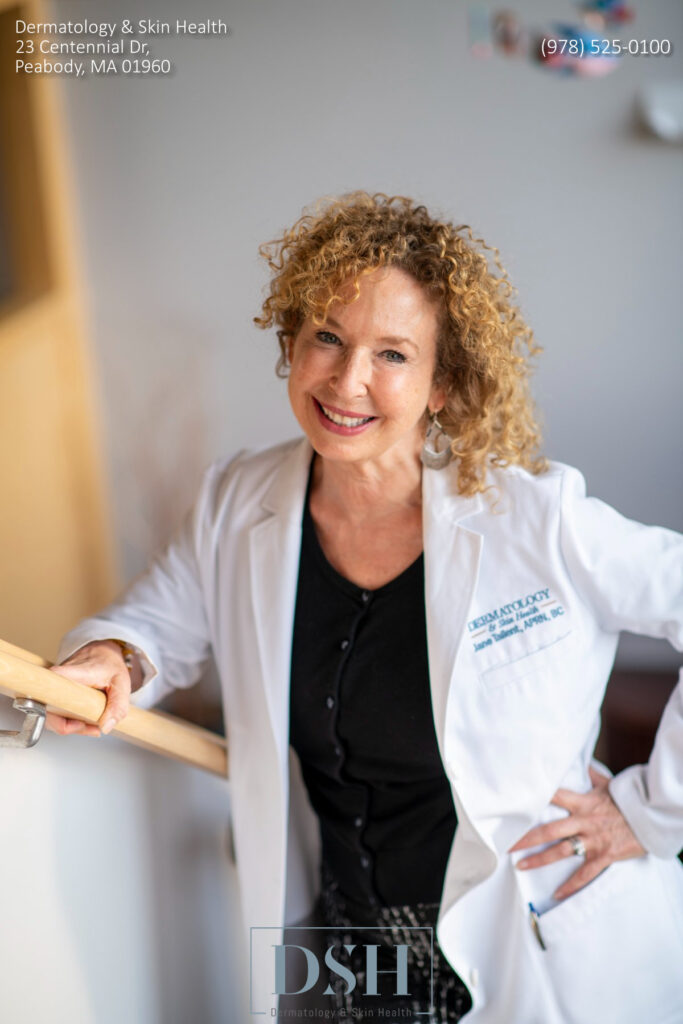

Mohs Surgery is a surgical procedure used to remove skin cancer. It involves removing thin layers of cancer-containing skin one at a time, each layer examined under a microscope until all cancer cells are removed.
Mohs surgery has proven effective for certain types of skin cancer, but some patients may look for an alternative due to a specific condition.
ED&C is the most common alternative to Mohs surgery. In this procedure, cancerous tissue is scraped off using a curette, and any remaining cancer cells are destroyed with an electric current.
This technique can be used to treat small tumors on the face, neck, hands, and feet. The downside of this procedure is that it can cause scarring in certain areas.
Also known as cryotherapy or freezing therapy, cryosurgery uses liquid nitrogen or argon gas to freeze and destroy abnormal tissue while preserving healthy tissue around it.
The procedure is typically used for non-melanoma skin cancers like basal cell carcinoma and squamous cell carcinoma, but can also be used on moles and warts.
Cryosurgery is less invasive than Mohs surgery but may require multiple treatments depending on the size of the tumor.
Imiquimod cream is an immunotherapy treatment that works by stimulating your body's own immune system to fight off abnormal cells such as those found in skin cancer lesions.
The treatment can be used for superficial basal cell carcinomas, but should not be used if other treatment options are available.
Imiquimod cream can cause redness, swelling, itching, burning sensations, and flakes at the site of application.
PDT uses light-activated drugs with special types of light sources that destroy abnormal cells without harming healthy ones.
This method has been effective in treating actinic keratoses (precancerous scaly growths caused by sun damage), superficial basal cell carcinomas, and Bowen’s Disease (early-stage squamous cell carcinoma).
It is important to take care when considering PDT, since it can cause temporary swelling or redness.
Radiation therapy uses high-energy X-rays or protons to kill the genetic material of cancerous tissue. This helps create healthy cells to take over and regenerate new tissue in its place.
Depending on the skin condition, it can be used alone or with other treatments, such as chemotherapy or immunotherapy.

Mohs Surgery remains one of the best options for treating skin cancer, but some patients may benefit from alternative treatments.
It's essential for patients with skin cancer to study all their options so they can make an informed decision that will provide the best outcome for their health.
Dermatology & Skin Health puts your health first. We are dedicated to finding the best treatment plan for our patients through compassionate and specialized care.
Learn more about our Mohs surgery services and resources today.
If your desired appointment type or preferred provider is unavailable online, kindly call (978) 525-0100 for Peabody, MA and (603) 742-5556 for all New Hampshire locations. Alternatively please feel free to send us your request via the patient portal, or via email at info@dermskinhealth.com
*For medical dermatology appointments in MA please dial (978) 525-0100 or fill out the appointment request form above.